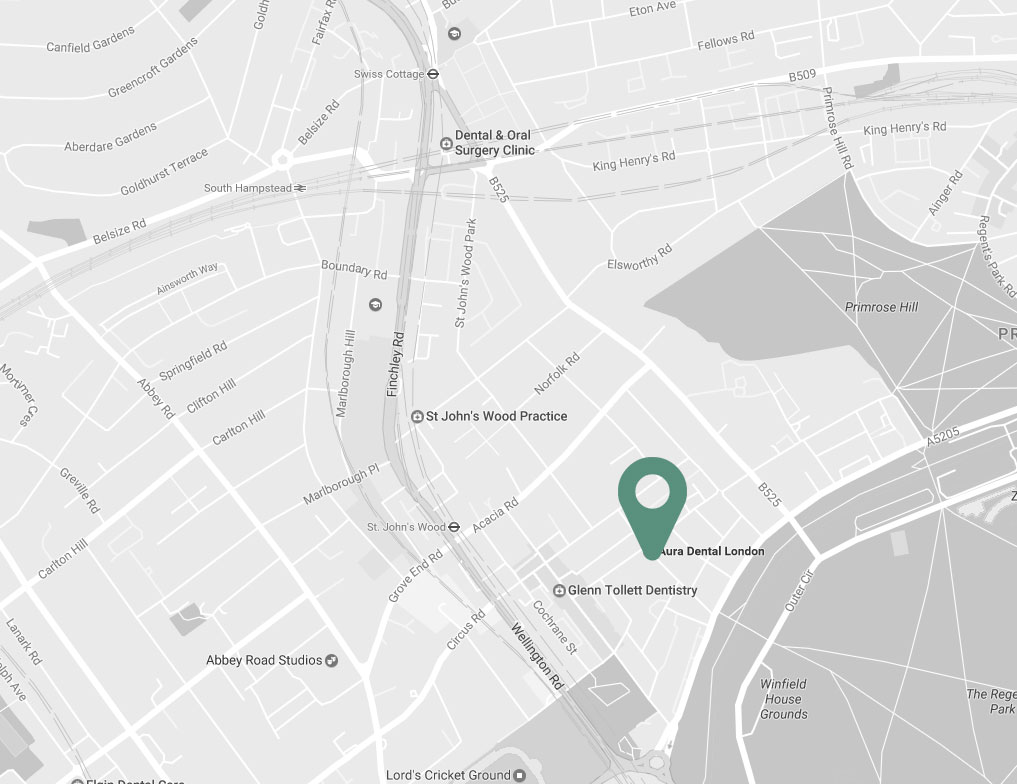
There are many variables involved in how long you live, but by following a healthy lifestyle, staying active and eating a nutrient-packed diet, you can help slow the ageing process and perhaps even stave off age-related diseases, including osteoporosis, diabetes and heart disease.
Start right now by avoiding foods that accelerate the ageing process: sugar and artificial sugar, inflammatory foods such as gluten, trans fats and hydrogenated oils and alcohol.
In order for the human body to stay young it needs 1) increased amounts of healthy fats, 2) antioxidants and 3) collagen, 4) the right nutrients for the body to produce more stem cells and 5) lower levels of inflammation. The following foods satisfy all of these variables:
1.Figs contain large amounts of anti-ageing flavonoids, which are antioxidant compound mostly found in the skin of the fruit, while its seeds are full of healthy omega 3 fats. However, the biggest benefit of figs lies in a proteolytic enzyme called ficin, which decreases inflammation levels and supports anti-ageing processes. Consume figs fresh, if they are in season, or dried. Pomegranates contain similar antioxidants and flavonoids, which support anti-ageing processes.
2. Collagen protein can be found as a powdered supplement. Consume collagen or bone broth powdered protein on a daily basis, added to smoothies or water. Collagen is an extremely elastic protein. As such, it can fulfil its function of maintaining the elasticity of the skin. The constant repair of collagen structures favours the maintenance of the skin’s shine and softness, preventing the formation of furrows that lead to wrinkles. Wrinkles are the result of the body not producing as much collagen as it used to. Collagen helps support toneness and firmness in the whole body.
3. Chaga and Reishi mushroom: Chaga is a medicinal Chinese mushroom. Reishi is prized in Chinese medicine as being the mushroom of immortality. Reishi and Chaga work as adaptogens, to help reduce stress in the body. They also support stem cell production, i.e. undifferentiated cells which are capable of giving rise to indefinitely more cells of the same type. In addition, both types of mushroom help the body to produce more collagen. Drink Chaga tea daily or supplement with Reishi mushroom, or alternate between both to maximise the anti-ageing effect.
4. Salmon contains fat-soluble antioxidants that help protect the body from ageing, called astaxanthins, which give salmon its bright orange/pink colour. Astaxanthin is the most powerful carotenoid antioxidant. The human body needs both water-soluble and fat-soluble antioxidants in order to stay young and healthy. Examples of water soluble antioxidants are flavonoids, found in fruit, and vitamin C. Some examples of fat soluble antioxidants are cinnamon, turmerone in turmeric oil and astaxanthin. Salmon is also high in omega 3 fatty acids: EPA and DHA. Our skin is made primarily by fat and needs healthy fats from the diet in order to stay firm and hydrated. Omega 3 types of fat are the most clinically studied fats that have been shown to increase the lifespan and fight disease. Include an omega 3-rich source in your diet on a daily basis (salmon, flaxseeds, chia seeds, walnuts, dark green leafy vegetables).
5. Berries (blueberries, blackberries, raspberries). Raspberries contain ellagic acid, a natural phenol antioxidant, which fights skin cancer and helps the skin look young. Blueberries have even stronger anti-ageing properties. They contain bioflavonoids and resveratrol (the same antioxidant found in grape skin), making them one of the ultimate superfoods. Organic varieties contain three times more antioxidants.
6. Turmeric owes its anti-ageing properties to two of its compounds: curcumin, and turmerone. Curcumin is one of the top selling supplements in the world, due to its strong anti-inflammatory effects. Turmerone can be found in turmeric essential oil. It increases stem cell production and tissue regeneration, whereas curcumin reduces inflammation and fights cancer. Turmeric powder contains both compounds, while turmeric oil has more turmerone. Add turmeric to your homemade burgers, hummus, salads, stir-fries.
7. Bone broth: You can make your own bone broth easily in a slow cooker by using any type of bones you like (turkey, chicken, beef etc). Alternatively you can buy ready-made bone broth or powdered in the form of a supplement. Bone broth is the number one source of collagen. Collagen exists in different with type I and III possessing the most important anti-ageing effects, followed by II, VI and X. Ideally collagen should come from bone broth in order to contain as many different types as possible. Bone broth is also very rich in hyaluronic acid, glucosamine, chondroitin and potassium, all of which work towards toning and firming the body. Tip: when making bone broth do not throw the fat that sets up on the top of the broth (see Animal fats below).
8. Maca root is known in special areas of Asia as an instant toner and energy booster. Maca helps reduce stress by lowering cortisol levels, hence reducing the ageing effects of stress on the body. It works great both as a powder or a food. Ashwagandha, Holy basil and Rhodiola promote similar effects.
9. Avocado is a great source of healthy fats and minerals, mainly magnesium and potassium that can balance excessive amount of sodium. Nowadays we tend to get more sodium from our diets, what causes fluid retention, which can be inflammatory and lead to less toned skin. An avocado a day keeps the dermatologist away!
10. Animal fats: You might be surprised but animal fats, in small amounts can aid the anti-ageing process. Chicken and beef fat has the exact same ratios of fat as found in human skin, hence can work as ultimate body moisturisers. However, be sure that you consume grass-fed organically grown produce. Animals should not be fed on grains, GMO corn or soy. What animals eat changes the fatty acid ratio in their body, namely increasing the 6 to 3 ratio, which can be very inflammatory both to the animals and our bodies. Grass-fed animals have higher amounts of healthy fats, such as CLA, healthy saturated fats and omega 3s. You are what you eat, what they ate!
Except from Chaga and Maca root, the rest of the anti-ageing foods are very common and easy find. You can easily implement most of them daily in your diet by having a smoothie for breakfast with one cup of organic blueberries (fresh or frozen), one scoop of collagen protein and/or one scoop of powdered bone broth protein, a bit of cinnamon, coconut milk and maca powder, as well as a Reishi tea. For lunch you can have a big superfood salad with salmon, preferably wild, avocado and turmeric.
References
Aggarwal, B.B., Gupta, S.C. and Sung, B. (2013) ‘Curcumin: An orally bioavailable blocker of TNF and other pro-inflammatory biomarkers’, 169(8).
Daley, C.A., Abbott, A., Doyle, P.S., Nader, G.A. and Larson, S. (2010) ‘A review of fatty acid profiles and antioxidant content in grass-fed and grain-fed beef’, 9.
Dangarembizi, R., Erlwanger, K.H., Moyo, D. and Chivandi, E. (2012) ‘Phytochemistry, pharmacology and Ethnomedicinal uses of ficus Thonningii (Blume Moraceae): A review’, 10(2).
De Luca, C., Mikhal’chik, E.V., Suprun, M.V., Papacharalambous, M., Truhanov, A.I. and Korkina, L.G. (2016) ‘Skin Antiageing and systemic Redox effects of Supplementation with Marine Collagen peptides and plant-derived Antioxidants: A single-blind case-control clinical study’, 2016.
Dose, J., Matsugo, S., Yokokawa, H., Koshida, Y., Okazaki, S., Seidel, U., Eggersdorfer, M., Rimbach, G. and Esatbeyoglu, T. (2016) ‘Free radical scavenging and cellular Antioxidant properties of Astaxanthin’, 17(1).
DrAxe (2017) How to naturally slow aging… 15 secrets. Available at: https://draxe.com/how-to-naturally-slow-aging/ (Accessed: 23 January 2017).
Dreher, M.L. and Davenport, A.J. (2013) ‘Hass avocado composition and potential health effects’, 53(7).
Grienke, U., Kaserer, T., Pfluger, F., Mair, C.E., Langer, T., Schuster, D. and Rollinger, J.M. (2014) ‘Accessing biological actions of Ganoderma secondary metabolites by in silico profiling’, 114.
Grochowski, D., Paduch, R., Wiater, A., Dudek, A., Pleszczyńska, M., Tomczykowa, M., Granica, S., Polak, P. and Tomczyk, M. (2017) ‘In Vitro Antiproliferative and Antioxidant effects of extracts from Rubus caesius leaves and their quality evaluation’, Evidence-based complementary and alternative medicine : eCAM., 2016.
Hidalgo, G. and Almajano, M. (2017) ‘Red fruits: Extraction of Antioxidants, phenolic content, and radical scavenging determination: A review’, Antioxidants (Basel, Switzerland)., 6(1).
Hucklenbroich, J., Klein, R., Neumaier, B., Graf, R., Fink, G.R., Schroeter, M. and Rueger, M.A. (2014) ‘Aromatic-turmerone induces neural stem cell proliferation in vitro and in vivo’, 5(4).
Meissner, H.O., Mscisz, A., Reich-Bilinska, H., Mrozikiewicz, P., Bobkiewicz-Kozlowska, T., Kedzia, B., Lowicka, A. and Barchia, I. (2006) ‘Hormone-balancing effect of Pre-Gelatinized organic Maca (Lepidium peruvianum Chacon): (III) clinical responses of early-postmenopausal women to Maca in double blind, randomized, placebo-controlled, crossover configuration, outpatient study’, 2(4).
Mohammadzadeh, E., Nikravesh, M.R., Jalali, M., Fazel, A., Ebrahimi, V. and Ebrahimzadeh-bideskan, A.R. (2014) ‘Immunohistochemical study of type III collagen expression during pre and post-natal rat skin morphogenesis’, 17(3).
Nakajima, Y., Nishida, H., Nakamura, Y. and Konishi, T. (2009) ‘Prevention of hydrogen peroxide-induced oxidative stress in PC12 cells by 3, 4-dihydroxybenzalacetone isolated from chaga (Inonotus obliquus (persoon) Pilat)’, Free radical biology & medicine., 47(8), pp. 1154–61.


| Charlbert St, St John’s Wood London NW8 7BT |
|
| +30 6977 2099 88 | |
| info@naturopathy-med.com |